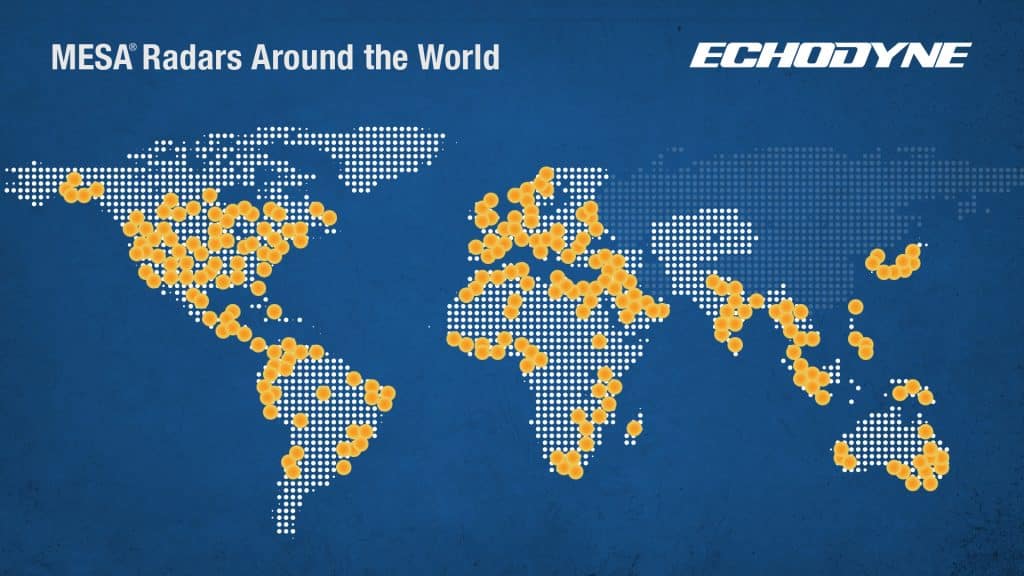AUVSI’s Defense Advocacy Committee Elects Inaugural Leadership
May 23, 2024 | AUVSI Advocacy
AUVSI’s Defense Advocacy Committee recently held its first leadership elections following the Committee’s launch in September 2023. Since launch, Committee membership has grown to more than 100 companies who advocate for policies and funding for uncrewed and autonomous systems in the Department of Defense.The Committee brings together diverse industry perspectives across domains – air, ground, maritime, and cyber – to focus on challenges the industry faces; seize opportunities across the DoD, service branches, and Congress; and support a strong defense industrial base to ensure that the U.S. remains at the forefront of autonomous defense technologies.
Meet the Committee Leadership
Steve Boraz has been elected Committee Chair. Steve is Business Development Director, Maritime at Leidos with nearly 15 years of commercial experience.
-
About Steve: From 1990 to 2010, he served in the U.S. Navy in operational and acquisition roles including Command THIRD Fleet, SOUTHCOM, Atlantic Intelligence Command, the USS John F. Kennedy and at PEO-C4I. Steve brings more than 30 years of expertise in strategy and business development, program management, and Intelligence, Surveillance, and Reconnaissance (ISR) operations. He holds degrees from the Naval Postgraduate School and Miami (Ohio) University.
Joe Bartlett has been elected Vice Chair. Joe is Director of Federal Policy at Skydio, where he leads all federal policy initiatives.
-
About Joe: Before joining Skydio in November 2023, he held a variety of roles on Capitol Hill, most recently as a professional staff member on the House Armed Services Committee’s Subcommittee on Intelligence and Special Operations, and prior to that as National Security Advisor to Congresswoman Elise Stefanik (NY-21) and Legislative Assistant to Congressman Francis Rooney (FL-19). He holds degrees from the U.S. Naval War College, and the University of Minnesota, and completed graduate coursework at the National Intelligence University. Joe brings experience that directly overlaps with the DAC’s policy priorities and initiatives, including extensive knowledge of the NDAA process and experience elevating national security issues in public discourse.
LTC (Retired) Matt Dooley has been elected Vice Chair. Matt is Defense Strategy Initiatives Lead for Forterra (formerly Robotic Research/RRAI).
-
About Matt: Matt is an experienced Mission and Systems Engineer and served in numerous assignments over the course of his 21 and half years of military service, which provides a unique operational perspective on combined arms, technology integrated maneuver warfare. Matt served in several forward deployed assignments over the course of his career and is a veteran of six operational and combat tours. Matt’s last active-duty position in the Army was as the Chief of Lethality and Robotics Branch for the U.S. Army Capabilities Integration Center (now the Army Future Concepts Center). In this position, he acted as the primary level-three integrator in support of the U.S. Army’s pursuit of robotics programs. Matt served as the Principal Coordinating Author for the Army’s Robotics and Autonomous Systems Strategy, published in 2017. Matt is a graduate of the U.S. Military Academy at West Point and the U.S. Army Command and General Staff College.
What’s Next for the Defense Advocacy Committee
The three leaders envision the Committee as the premier voice of the uncrewed community that drives innovation, adoption, and integration of autonomous systems throughout the Department of Defense and supports the priorities of the U.S. National Defense Strategy.
To facilitate cross-domain collaboration between members, the Committee leaders plan to continue to communicate openly and hold regular summits to gather collective input on shared priorities.
Steve Boraz points out the critical impact on the “International” part of AUVSI, with a focus on bilateral and multilateral opportunities. “AUVSI should be leading the way in efforts to reduce barriers toward sharing autonomous technology with our allies and partners,” he says.
Joe Bartlett adds that he wants to see the Committee work together in strengthening the national security innovation base, securing supply chains and strengthening production capacity for autonomous systems, and integrating autonomy across the joint force and with our allies and partners. He says: “As an all-domain, multi-sector membership organization, there is a huge opportunity for AUVSI to lead in advocating on behalf of innovative autonomy companies and for the adoption of their technology across the government sector.”
Matt Dooley suggests one of the key duties of the Committee should be finding ways to assist DoD in accelerating the procurement of autonomy for ground combat platform applications. Additionally, the Committee should explore encouragement of DoD to expand the scale of autonomous systems integration away from mere short duration, limited experiments with small numbers of systems toward field testing operationally relevant numbers of systems in the hands of Soldiers. Such expanded long term deployments will be necessary to answer deeper questions about where robotic systems will provide true military utility.
The three leaders also point to the long-term need for DOD to more widely adopt and proliferate right-sized platforms that improve warfighter ability to operate in contested spaces, provide distributed C2 at scale, and deliver integrated kinetic and non-kinetic fires.
Get Involved
To learn more about AUVSI’s Defense Advocacy Committee and how your organization can join, visit auvsi.org/auvsi-defense-advocacy-committee or contact Mike Smitsky, Vice President, Government Affairs.
- Industry News


